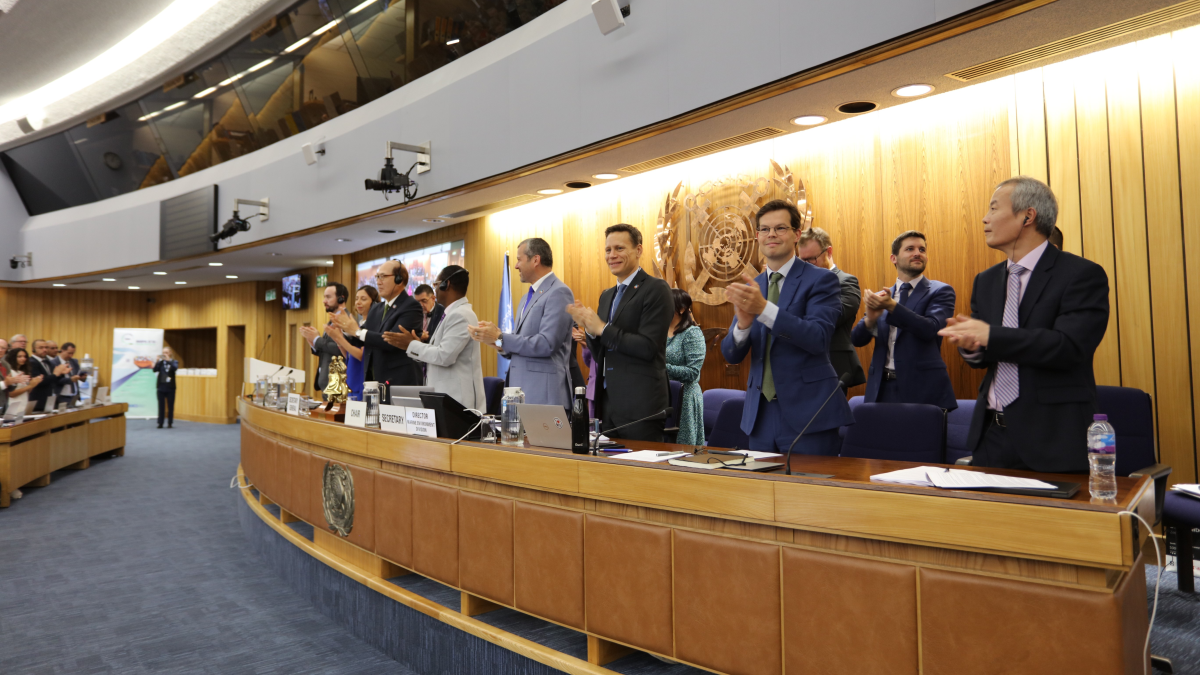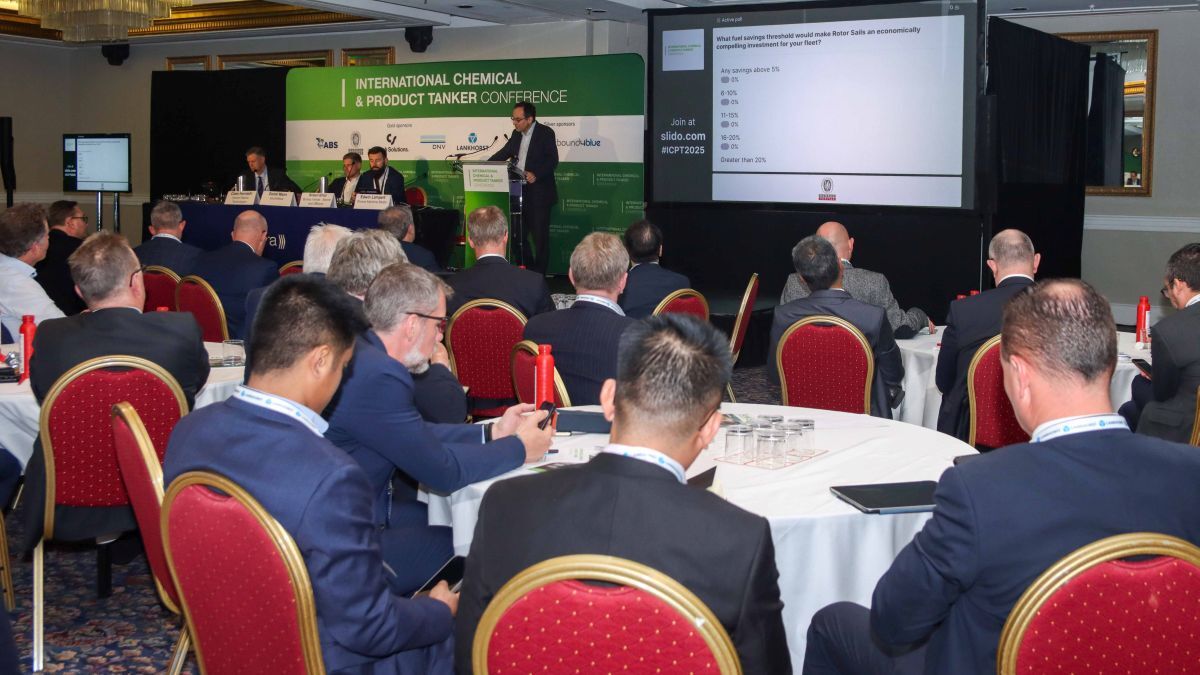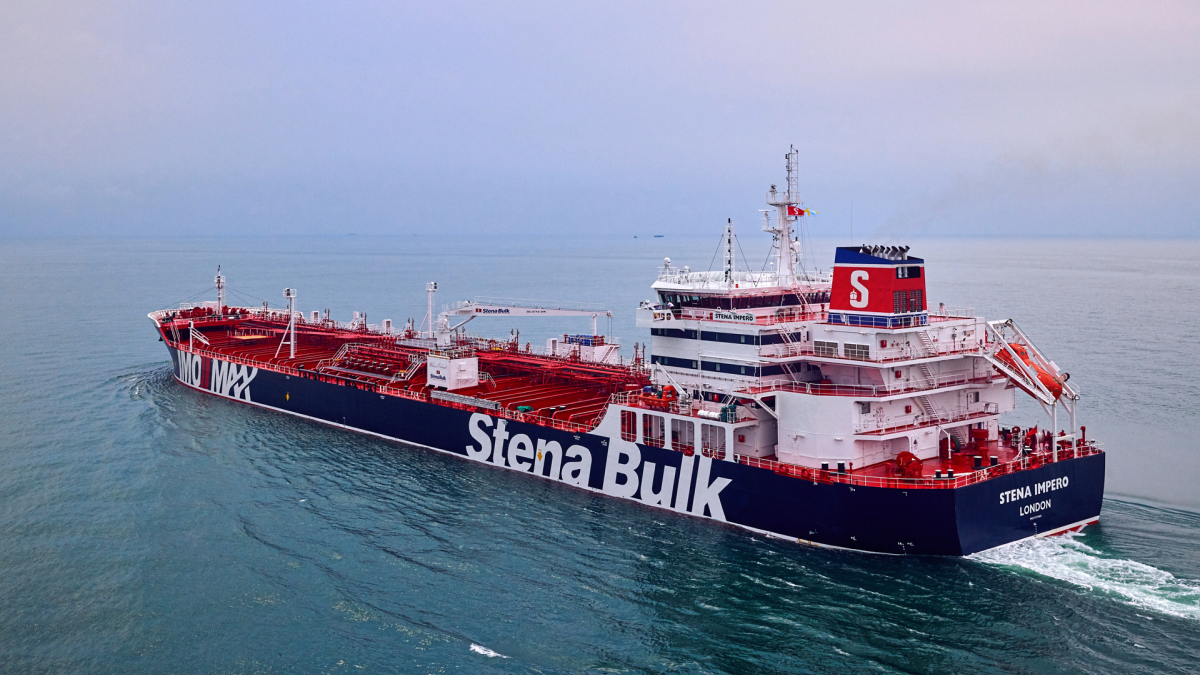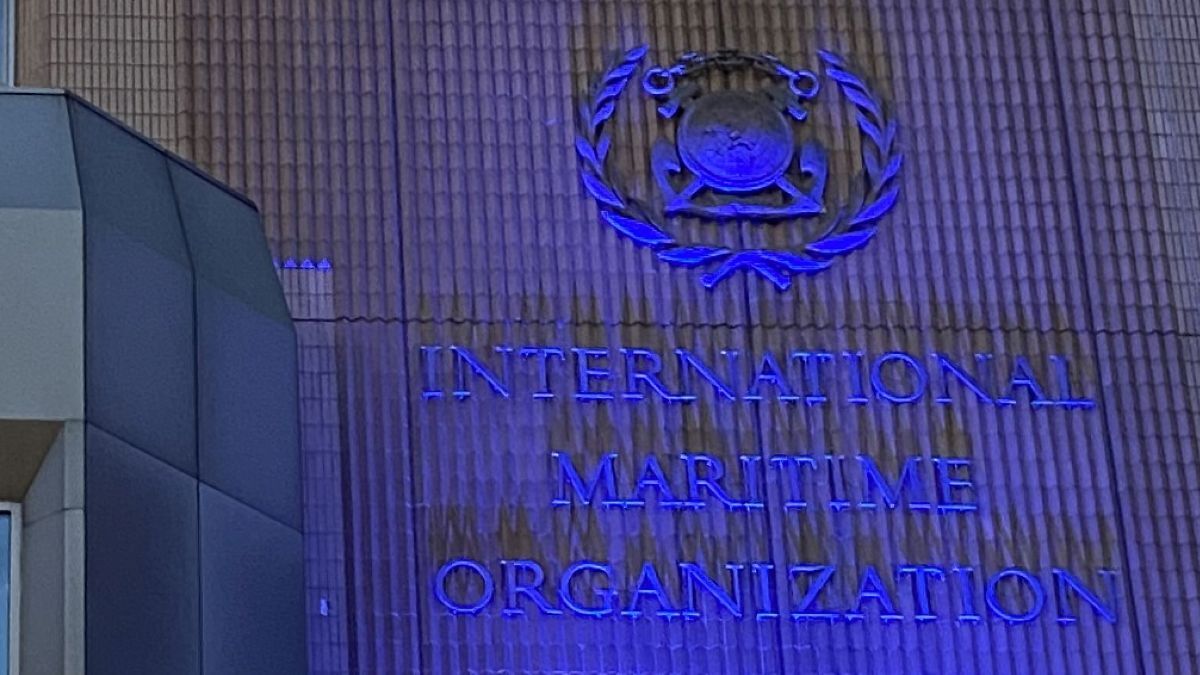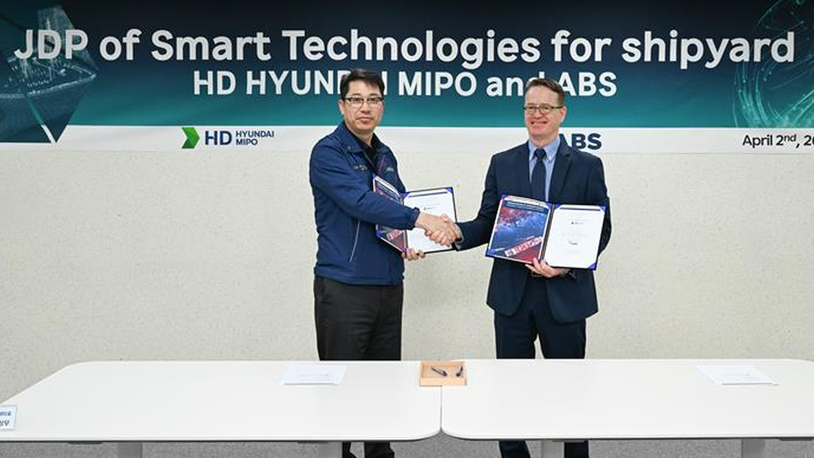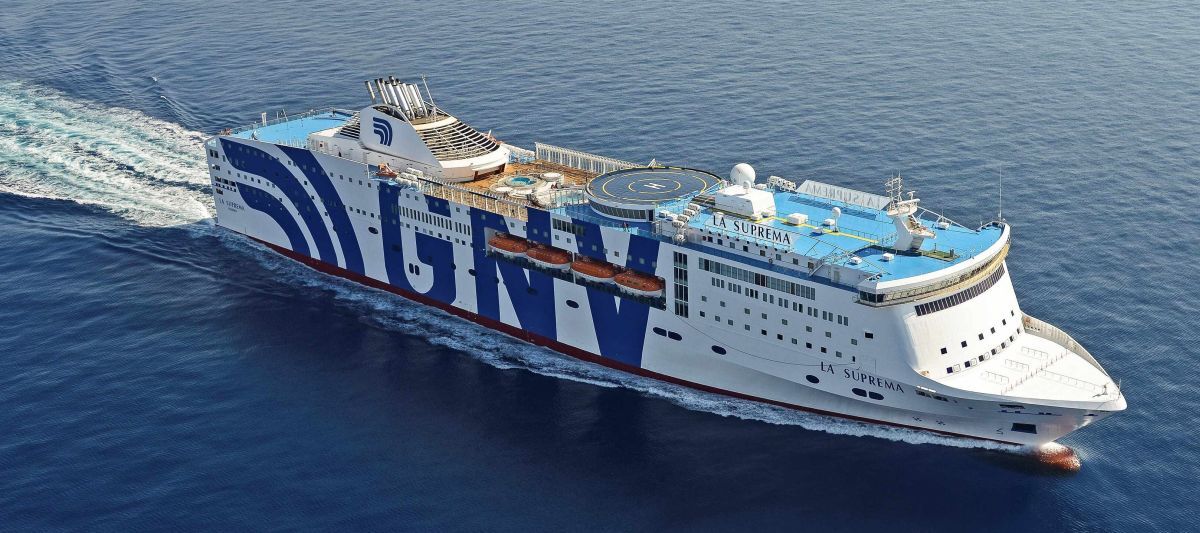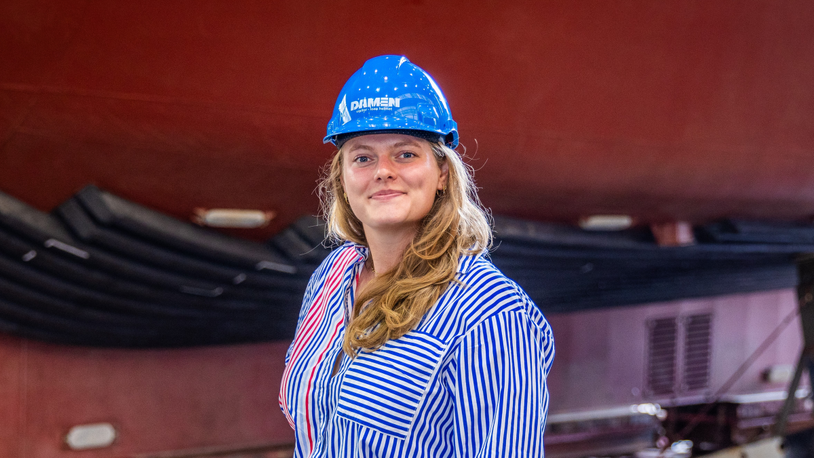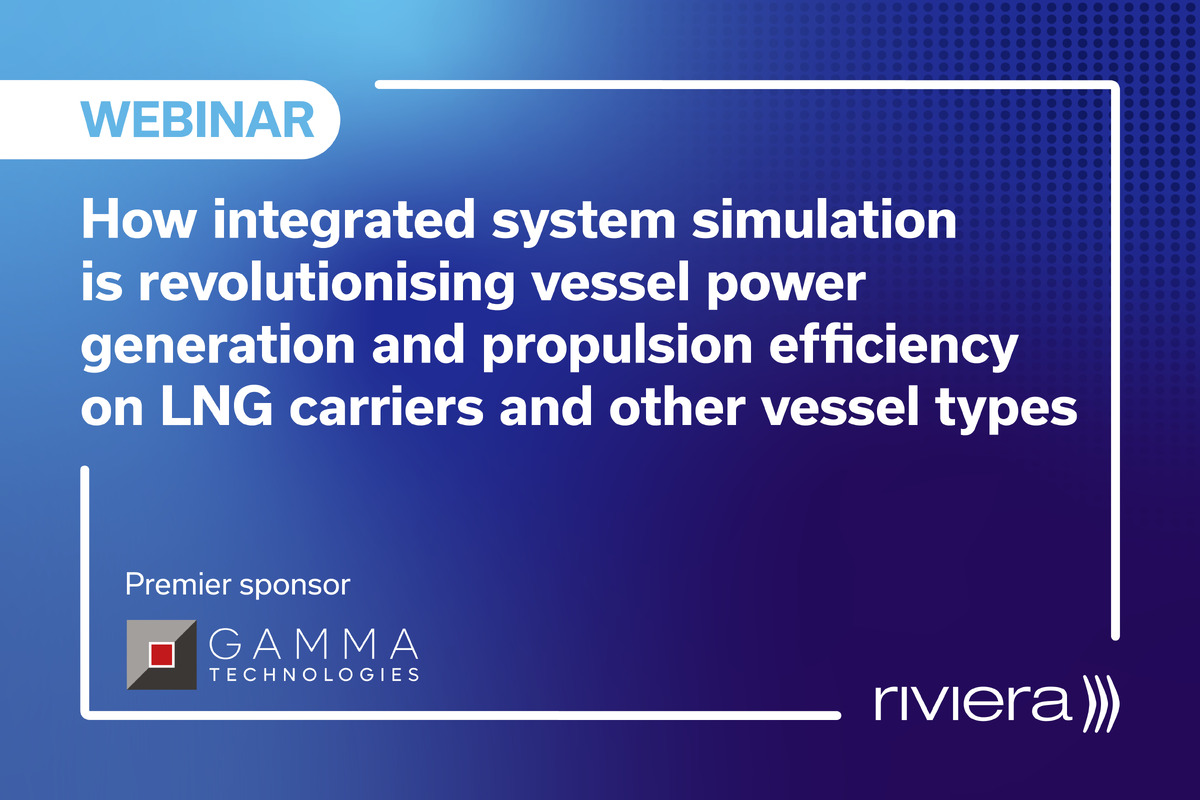Business Sectors
Events
Contents
World Maritime Day 2023 looks at history and future of MARPOL
With the maritime sector’s decarbonisation in the spotlight, IMO highlights the primary global treaty working to prevent pollution by ships
As the world’s climate continues to heat up and governments and industries look at ways to curb or eliminate the use of carbon-producing fossil fuels, IMO is using its World Maritime Day to highlight the critical regulatory instrument that is the International Convention for the Pollution from Ships (Marpol).
Adopted in 1973, the Marpol Convention addresses pollution from ships generally, covering oil pollution and noxious liquid substances carried in bulk; harmful substances carried by sea in packaged form; sewage and garbage as well as the prevention of air pollution from ships.
According to IMO, "Marpol has greatly contributed to a significant decrease in pollution from international shipping and applies to 99% of the world’s merchant tonnage... Reductions of pollution generated by ships have been achieved by addressing technical, operational and human element issues and are all the more noteworthy when compared with the significant growth in the world’s shipping industry – both in the size of the world fleet and the distances it travels."
And, while the UN institution that creates regulations for shipping is regularly the target of ire from both observers and industry, who often criticise it for moving too slowly in its consensus-based approach to regulation, IMO remains the single institution that can create global frameworks for shipping to follow.
"IMO is calling on member states and all in the maritime industry to celebrate the day and be inspired to build upon the positive impacts Marpol has brought. IMO’s work towards a sustainable future with enhanced protection of our planet and ocean continues," the organisation said.
In his message on the World Maritime Theme for 2023, the IMO secretary-general, Kitack Lim noted achievements already made in regulating to protect ocean health, but made it clear that significant work still faces the shipping industry.
"Shipping must embrace decarbonisation, digitalisation and innovative technology, including automation – while ensuring the human element is kept front and centre of the technological and green transition to ensure a sustainable planet for future generations. Marpol has made a difference to shipping – and to the health of our ocean – and will continue to do so, as we look ahead to the next 50 years," secretary-general Lim said.
Sign up for Riviera’s series of technical and operational webinars and conferences in 2023:
- You can register to attend by visiting our events page.
- Watch recordings from all of our webinars in the webinar library.
Related to this Story
Events
Maritime Environmental Protection Webinar Week
The illusion of safety: what we're getting wrong about crews, tech, and fatigue
Responsible Ship Recycling Forum 2025
© 2024 Riviera Maritime Media Ltd.


